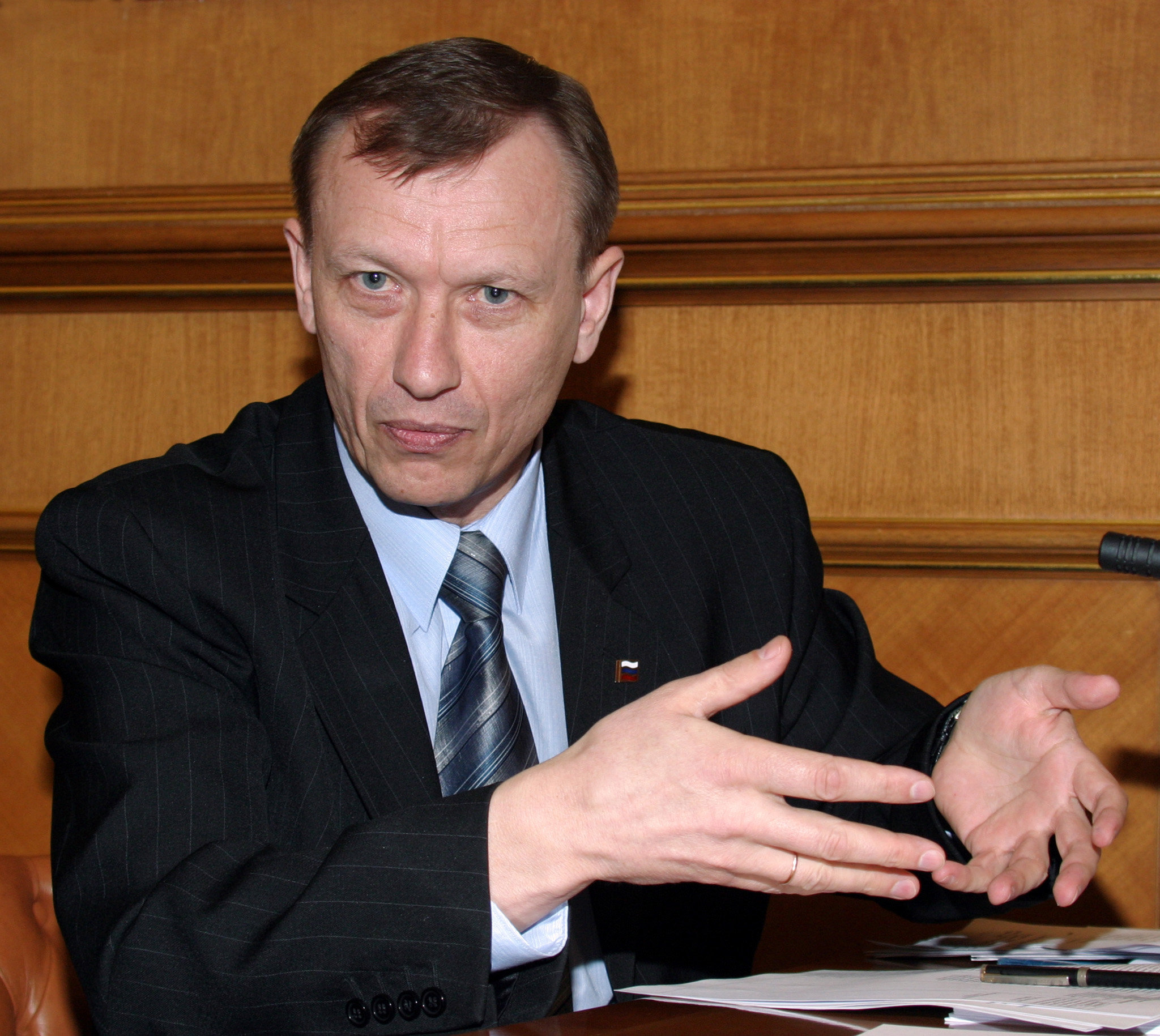By Yelena Panfilova, the general director of Transparency International Russia, a center for counter-corruption studies and initiatives, and a member of the Presidential Council for Civil Society and Human Rights
This week, Russian media reported on a staggering piece of land owned by Bryansk Governor Nilolai Denin. Apart from two houses, three land plots and a car that Denin and his wife share, they also have in ownership land parcels totaling 5,440 hectares, according to the governor’s tax return for 2010, which was recently made public. At the same time, the governor’s tax return for 2009 says his family only owned 117 hectares.
Questions and answers
The governor’s press service referred reporters to the governing privatization laws to explain how all this land suddenly ended up in Denin’s ownership.
Denin, they said, had been allocated 1,500 hectares because he had once headed a collective farm. Land plots of the same size were also allocated to his wife. Additionally, the poultry farm where the governor had worked long ago also rushed to allocate him another 2,400 hectares.
Indeed, one can only feel pleased for the workers of the Bryansk collective and poultry farms. To all appearances, privatization in the region in 2010 made a U-turn to address the needs of the people who were so generously remunerated with large land plots for their work.
Nonetheless, this begs the question of how the governor and his wife became the owners of the 117 hectares of land they had stated in their tax return for 2009. One likely answer is that these are lands they might have acquired in full compliance with the privatization laws.
As for 5,440 hectares, the story of how the Denin family received them might be different altogether. One would be hard put to believe that, all of a sudden, two Bryansk farms simultaneously handed out land plots last year, the sizes of which are beyond imagination.
Like it or not, the governor will have to explain how he and his wife acquired these ownership interests in land in 2010. Otherwise, inquisitive members of the public will launch their own investigation. So far, there are only two options to choose from - either the Denin family owned these plots before and simply failed to indicate them on their tax return for 2009, which means they violated tax return requirements, or they acquired them last year under circumstances that remain unclear.
Could they have bought these plots? Hardly, if we look at the governor’s and his wife’s income as stated on their tax return. Could they have received them as a gift? This is prohibited by law. It seems there are no other options.
The root of all evil
The prime concern here is not so much how the governor came to own this land, but rather his compliance with how people holding public positions are obligated to behave, such as governors. The public needs to know if these requirements were met to the letter and the spirit of the law.
According to the new counter-corruption laws (Law No. 274-FZ dated Dec. 25, 2008), the rules of conduct for members of the government also apply to people serving in Russia’s constituent entities. Based on these rules set forth in the federal constitutional law on the government, these individuals may not capitalize on their public position through business or commercial activities, gifts and remuneration, the use of proprietary information, or in any other manner.
That is, the letter and the spirit of the law dictate that as long as individuals serve office, they are obliged to remain in control and abstain from actions qualified as “illegal enrichment.”
Of course, they could prefer to look for loopholes in the law or simply ignore the law altogether. But every time the public sees a functionary suddenly taking ownership of properties directly or indirectly pointing to a source of income other than his salary, they will question whether the acquisition was legitimate.
To take a broader view of things, to look at the general requirements of Russian functionaries, these individuals are obliged to abstain from actions linked to personal ownership and interests that could obstruct them in the faithful execution of their duties. They must also preclude any conflict situations that might be detrimental to their personal reputation or a government body’s authority.
However, this is exactly what has happened.
Instead of working diligently hour after hour, day after day, to benefit his region, the Bryansk governor will have to explain himself not only to the public, but also to the Presidential Council for Countering Corruption, which is authorized to verify the tax returns filed by top executives. He will have to account for the thousands of hectares of land in his possession.
I hope that the governor’s account will be straightforward and public, or the conflict situation that may otherwise evolve will inevitably damage not only his reputation, but also all the recent counter-corruption efforts made by the authorities – not to mention their architects.



